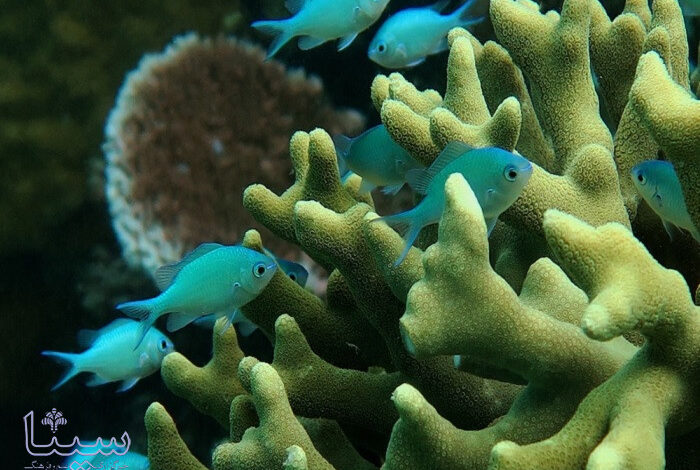Fish Species Put Up with Ocean Acidification by Means of Rapid Evolution

According to SINA Press, it is projected that ocean surface pH levels will continue to drop. This is due to oceans’ constant absorption of anthropogenic atmospheric carbon dioxide (CO2) – a process called ocean acidification (OA).
Research has shown that future OA conditions will make it hard for some fish species in oceans to survive.
The new study, published in the journal Global Change Biology, revealed how certain fish species in the wild may advance their molecular toolkits. These will help them to deal with the high partial pressure of carbon dioxide (pCO2) that is expected in the future. PCO2 refers to carbon dioxide that is dissolved in water or liquid.
Findings from this research suggest that fish species that can evolve rapidly in response to acidification stand a better chance of survival. Those that do so slowly will suffer from future OA conditions.
Probing responses to ocean acidification
These researchers, led by Dr. Celia Schunter, were interested in finding out how marine organisms – fish in particular – would cope with predicted global OA conditions by the end of this century. Human activities are altering environmental conditions rapidly.
The team took their research to a location that somehow typifies projected future ocean acidification. Specifically, it studied species around Papua New Guinea’s Upa-Upasina volcanic CO2 seep.
The researchers selected six adult fish species from two reefs in this location, one of which had ambient pCO2. These were common coral reef fish, which means findings made may apply to other fish to a degree.
After the selection, tissues from the species were extracted and examined. The researchers sequenced them to find out their cellular response to high CO2 levels in their brains. They observed that high pCO2 led to common molecular responses that pertain to circadian rhythm and the immune system.
Circadian rhythm is a natural process that controls the sleep-wake cycle in humans, animals, and plants. In addition to regulating our sleep patterns, it also plays a part in our metabolism.
Elevated CO2 caused an adjustment of the circadian genes and this appeared to change the expression of some other genes in the brain. This, it is thought, could help fish to react aptly to carbon dioxide.
Immune regulation was another key function that is affected in response to high pCO2, based on observation in many reef fish species. Elevated CO2 led to the suppression of immune genes in some species, but there was an elevation in nocturnal species.
The immune regulation findings – for the first time – suggest that diurnal and nocturnal species probably respond differently. This is an area that future research can shed more light on.
Fish species with a special coping ability
Researchers found that coral fish species exhibited considerable changes in the expression of many genes due to high pCO2. This was particularly notable in the spiny Chromis, A. polyacanthus, a species of damselfish. The finding suggests the need to regulate brain cells in response to elevated CO2.
Certain ions, including calcium, sodium, and potassium, have to be transported for signaling to the brain to take place and for the organ to function correctly. Transporter genes were found to alter their expression when fish are in CO2 seeps. This suggests that neural signal transductions were a necessary response to high CO2.
The research team was also able to observe that cellular changes in the spiny damselfish were reversible. A. polyacanthus caught during a storm alter their gene expression in tandem with changing pH levels.
This fish species has an incredible ability to adapt to environmental changes. Researchers say they have evolved more swiftly than other species for 15 million years.
The team is now planning to probe other ecosystems to see if they can make similar findings.
Source: gilmorehealth






